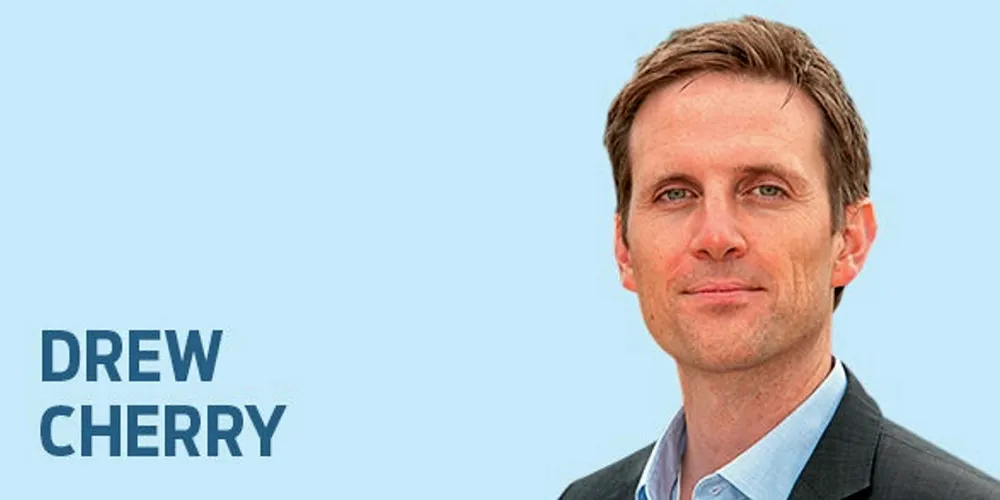Farmed salmon appears to have coronavirus immunity
The teflon fish is showing no signs that the global pandemic and its accompanying recession will stop its growth.

The teflon fish is showing no signs that the global pandemic and its accompanying recession will stop its growth.
